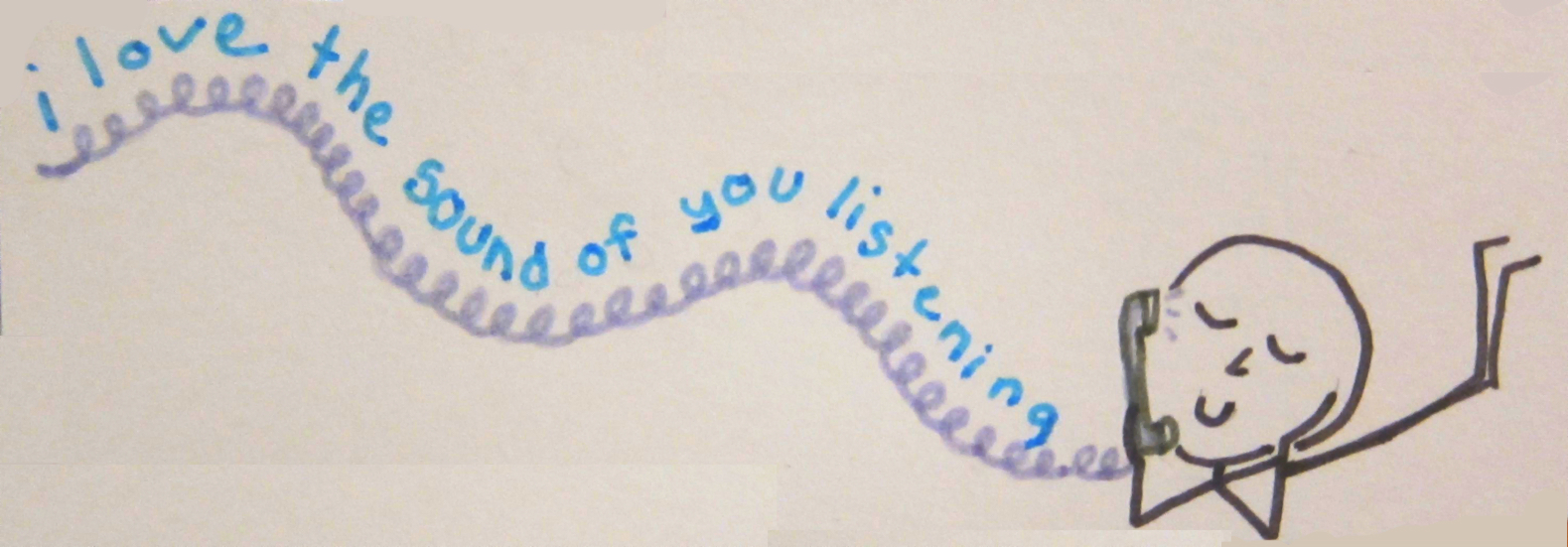He Who Accumulates Cannot Learn

IMAGE OF THE WEEK

It seems that communion is a very difficult art. To commune with one another over the many problems that we have requires listening and learning, which are both very difficult to do. Most of us hardly listen, and we hardly learn. To commune with each other, which is what these meetings are intended for, requires a certain capacity, a certain way of listening - not merely to gather information, which any schoolboy can do, but rather listening in order to understand. […]
It seems to me of the utmost importance that we do listen in order to learn. Learning is not merely the accumulation of knowledge. Knowledge never brings perception; experience never flowers into the beauty of understanding. Most of us listen with the background of what we know, of what we have experienced. Perhaps you have never noticed the difference between the mind that really learns and the mind that merely accumulates, gathers knowledge. The mind that is accumulating knowledge never learns. It is always translating what it hears in terms of its own experience, in terms of the knowledge which it has gathered; it is caught up in the process of accumulating, of adding to what it already knows, and such a mind is incapable of learning. I do not know if you have noticed this. [...] So it seems to me very important that we commune with each other quietly, in a dignified manner, and for that there must be a listening and a learning.
When you commune with your own heart, when you commune with your friend, when you commune with the skies, with the stars, with the sunset, with a flower, then surely you are listening so as to find out, to learn - which does not mean that you accept or deny. You are learning, and either acceptance or denial of what is being said puts an end to learning. When you commune with the sunset, with a friend, with your wife, with your child, you do not criticize, you do not deny or assert, translate or identify. You are communing, you are learning, you are searching out. From this inquiry comes the movement of learning, which is never accumulative.
I think it is important to understand that a man who accumulates can never learn. Self-learning implies a fresh, eager mind - a mind that is not committed, a mind that does not belong to anything, that is not limited to any particular field. It is only such a mind that learns.
SEED QUESTIONS FOR REFLECTION: How do you understand the difference between learning and accumulating knowledge? Can you share a personal story that illustrates this difference? How can we make the shift from accumulating to learning?